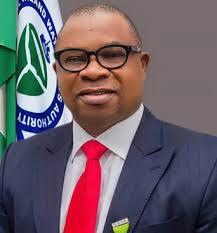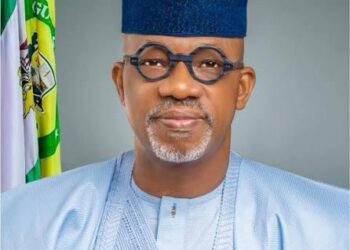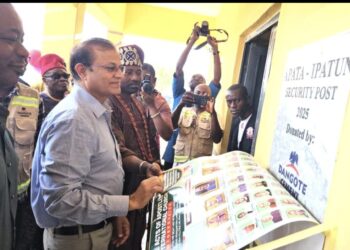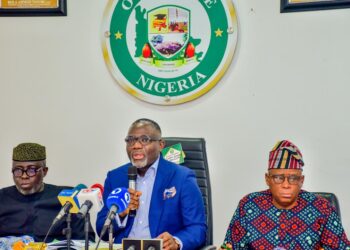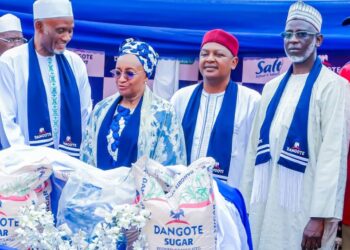The Managing Director of National Inland Waterways Authority (NIWA), Mr. Bola Oyebanji says human errors, drugs and disobedience to rules and regulations are reasons behind the incessant boat mishaps on the nation’s inland waterways.
Oyebanji disclosed this on Wednesday while responding to questions from members of the House of Representatives Committee on NIWA who were on oversight function to the Headquarters of the Authority in Lokoja.
The Managing Director said 99 per cent of the mishaps on the waterways were as a result of human errors
Oyebanji explained that outcomes of several researches had shown that the operators are also committing avoidable mistakes
He alleged that some of the operators lived on drugs to influence their activities and as a result commit unpardonable mistakes .
Oyabanji added that some operators are also in the habit of disregarding rules and regulations, pointing out the case of wooden boats carrying over 150 to 200 passengers in violation of recommended numbers.
According to him, the recently signed transportation code requires a review.
He stated that the Regulation code only provided N30,000 as penalty for the offenders, saying this is grossly inadequate to deter operators.
He, however, said NIWA remained committed to the safety of the Nigerians using water transportation .
The Chairman of the House of Representatives Committee on NIWA , Mr. Ojema Ojotu explained that the inland waterways are an integral part of Nigeria’s transportation framework.
He said the sector offers immense potential for enhancing connectivity, reducing road congestion, and stimulating economic growth.
“As representatives of the people, it is our duty to ensure that this potential is harnessed effectively for the benefit of all Nigerians.
“This visit provides us with the platform to scrutinize ‘critical areas such as operational efficiency, safety on our waterways, infrastructure development, and the overall management of resources allocated to NIWA.
“We recognize the unique challenges associated with managing waterways, including the recurring issues of boat mishaps, flooding in vulnerable regions along the waterways, and the demand for modernized infrastructure such as inland ports and navigable channels.
“As we deliberate today, it is imperative to consider how these challenges can be addressed to enhance safety, efficiency, and economic viability. .
“The strategic importance of inland ports cannot be overstated, especially in fostering internal and regional trade and serving as vital links in our national logistics chain.
“Similarly, the dredging of waterways remains key to unlocking the full potential of our inland transportation system, ensuring seamless connectivity and uninterrupted operations.
“Additionally, there is a need for human capacity development and procure essential operational equipment, such as boats, to enhance safety enforcement, ensure rapid emergency responses, and deliver efficient services.
” While government funding remains critical, it is evident that traditional financing models may not suffice to meet the infrastructure and capacity building demands of NIWA’s mandate.
‘Therefore, it is imperative to think outside the box and explore alternative financing options, including public private partnerships, concessional arrangements, and innovative funding mechanisms.
“These approaches can bridge funding gaps and drive impactful infrastructural development.
“As we engage with NIWA’s leadership and review their activities, let us remain focused on identifying practical solutions to the pressing issues facing the inland waterways sector.
“This Committee will continue to advocate for policies and budgetary allocations that align with national priorities and promote sustainable development,” the Chairman said.
(vitalnewsngr.com)


